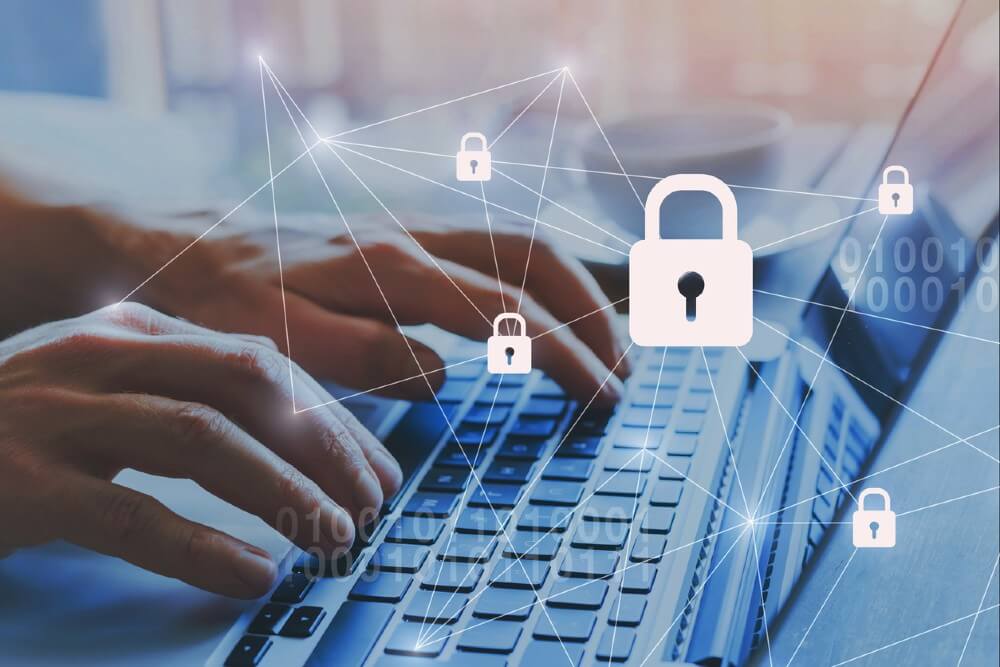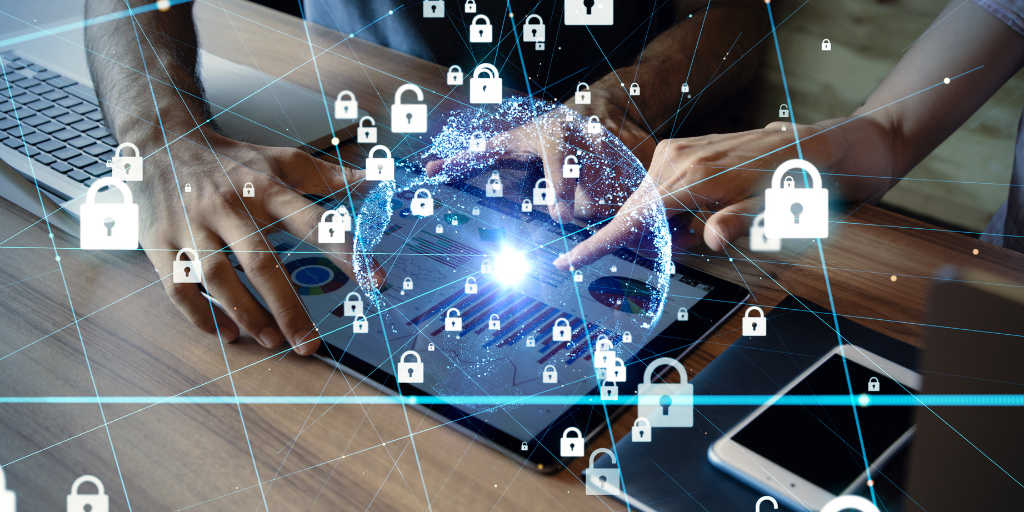The Distinction between Information Security vs. Cybersecurity
Security is more crucial than ever in the digital age. There's a good chance that you've heard about the rise in attacks over the past several years,...

Small and medium-sized businesses (SMBs) may not always consider information security policies as essential for their operations. However, this mindset can lead to data breaches, compromised systems, and eventually, serious financial loss. Information security is defined as the protection of an organization's data, technology, and people against unauthorized access, modification, or destruction. The CIA triad - confidentiality, integrity, and availability - helps ensure the safety and privacy of the organization's assets.
An information security policy serves as a guide for employees to behave in a manner that supports the security of the company's information systems. These policies lay out the "who, what, and why" of the desired behavior and provide direction for the organization's security posture. A good information security policy should consider the organization's defined risks and guide it to minimize them. The policy should apply to the company's specific security challenges and consider a wide range of topics, such as access control, data classification, remote access, acceptable use, patching, physical security, and employee onboarding and offboarding.
There are several reasons why SMBs should have information security policies. They define what employees must do to support security. They reflect the management's risk appetite and mindset regarding security. They support the creation of a control framework against internal and external threats. They enable SMBs to comply with legal and ethical obligations. Finally, they hold individuals accountable for complying with the company's security policies.
When developing an information security policy, SMBs should keep in mind the following. Firstly, they need to understand the role of security policies in the organization. Security policies protect an organization and its employees by clearly defining employee responsibilities in safeguarding information. Secondly, they need to ensure security policies are enforceable. Policies that are not enforced are a waste of resources. Everyone from the CEO down to the newest employees must comply with the policies. Thirdly, they need to engage senior management in the process. Writing security policies should not be done in a vacuum. Executive management must be involved to ensure policies align with the organization's needs. Lastly, they need to align policies with the organization's mission. Security professionals must be sensitive to the organization's needs and ensure that policies align with the mission of the organization.
It is important to note that information security policies should not be seen as a one-time task. They require regular updates and reviews to ensure they remain relevant and effective against the constantly evolving threat landscape. This involves staying up to date on the latest cybersecurity trends and threat intelligence, as well as conducting periodic risk assessments to identify potential weaknesses and vulnerabilities. By taking a proactive approach to information security policies, SMBs can better protect themselves from cyber-attacks and minimize the impact of any security incidents that do occur.
In conclusion, information security policies are crucial for SMBs. These policies ensure that employees behave in a manner that supports the security of the organization's assets. Developing these policies requires an iterative process that involves executive management and consideration of the organization's specific risks and challenges. By taking these steps, SMBs can improve their security posture and prevent the serious consequences of data breaches and compromised systems.

Security is more crucial than ever in the digital age. There's a good chance that you've heard about the rise in attacks over the past several years,...

As Cybersecurity Awareness Month approaches, discover critical strategies to fortify your information security and protect your digital assets.

Explore the importance of log management in maintaining information security and learn about the best practices to enhance your organization's...